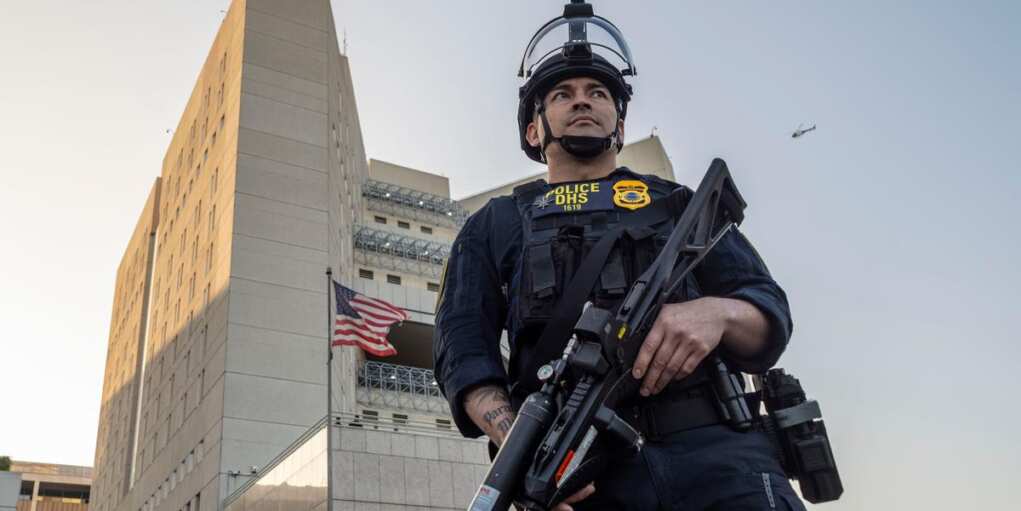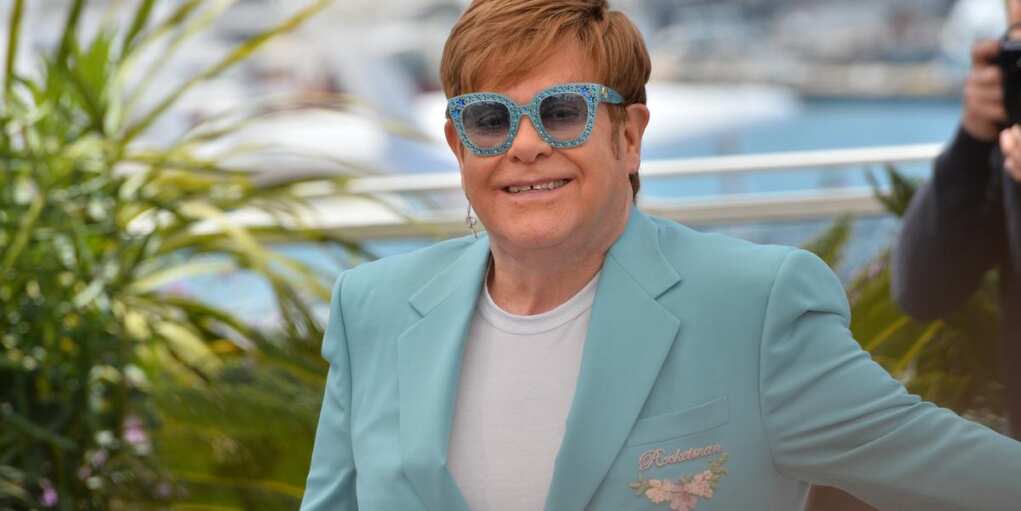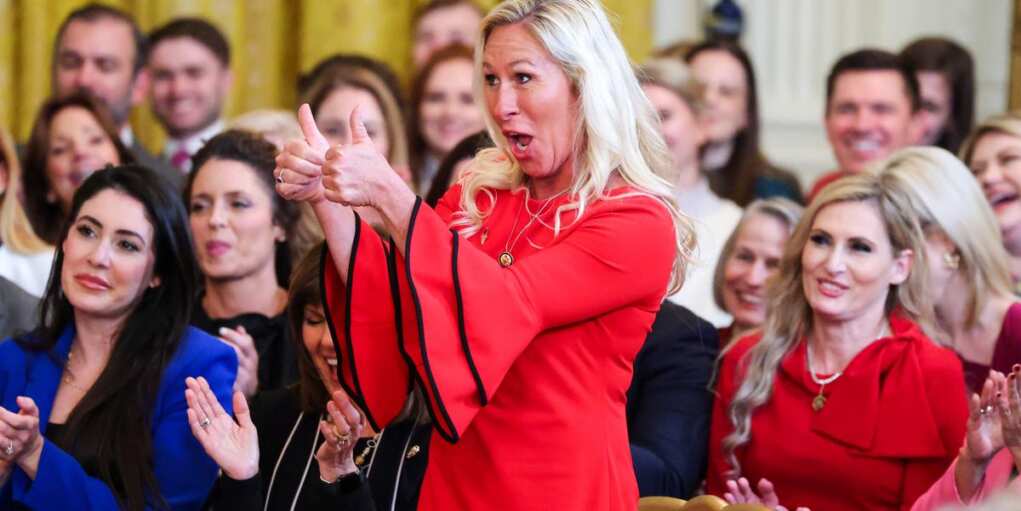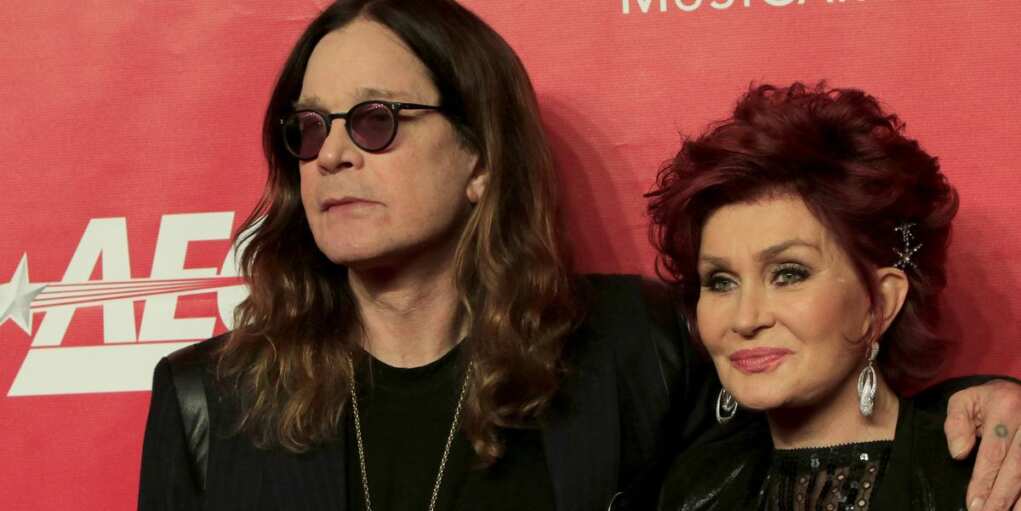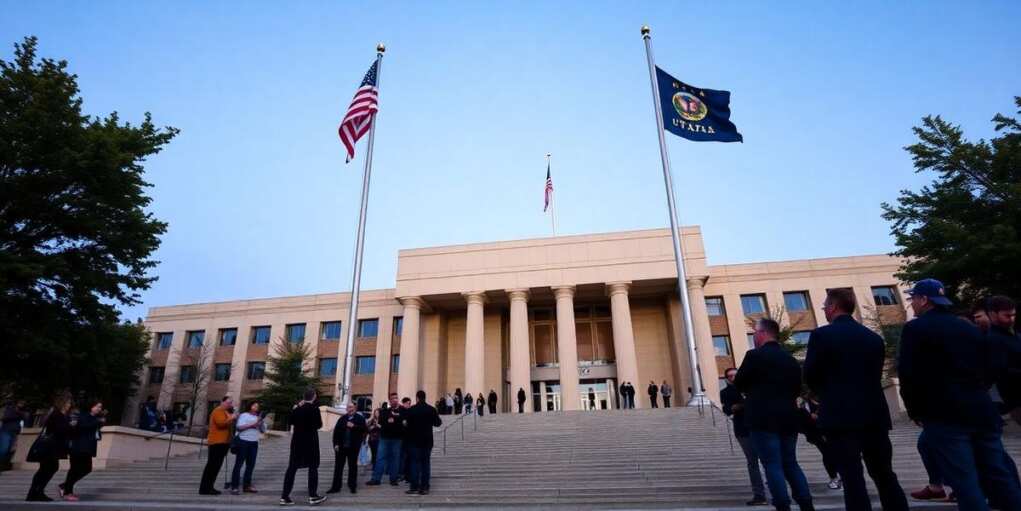ICE Agents Under Siege – They Are In More Danger Than EVER
Ringo ChiuSunday on CNN’s State of the Union Trump border czar Tom Homan said threats against Immigration and Customs Enforcement’s officers are up 1200 percent. “Threats on ICE officers are up 1200%. They’re being doxxed on social media. They’re getting death threats every day. They’ve been attacked. They’ve been shot at. And you know, these officers […]
GOP Unleashes Subpoenas – The Deep State Can’t Hide From This
RAGMA IMAGESFormer Special Counsel Jack Smith has a lot to answer for. He led two of the most politicized prosecutions of all time against Donald Trump for supposed classified documents violations and election interference, spied on lawmakers with his Arctic Frost antics and turned then-Attorney General Merrick Garland’s Department of Justice into his own plaything. Will […]
FDA Finally Admits The Truth About The Covid Shots
Tada ImagesAfter years of gaslighting by the Biden administration the Food and Drug Administration is finally coming clean to the American people and admitting that at least 10 children died after and because of receiving the COVID vaccine. A memo written by Dr. Vinay Prasad director of the FDA’s Center for Biologics Evaluation and Research concluded […]
Popular Anti-White Democrat Has A Message For White Americans
Evgeny AtamanenkoWhite people are being replaced by brown people throughout the United States says Wajahat Ali, a U.S.-born ethnic Pakistani, TV talking head and Muslim writer who simplifies American politics as a racist struggle by stereotypical white Americans against everyone else. Immigration and population growth are allowing stereotypical brown people to triumph over white supremacy and […]
Elton John: “This Could Make Trump The Greatest President In History”
Featureflash Photo AgencyElton John has recently praised President Donald Trump for his foreign policy work but stopped short of saying he was one of the nation’s greatest presidents. Instead the beloved musician explained what could cement Trump as one of the greatest American presidents ever to sit in the Oval Office. Last year John called it brilliant […]
Jimmy Kimmel Mocks Trump Over MTG Feud
TinseltownLiberal talk show host Jimmy Kimmel praised Representative Marjorie Taylor Greene of Georgia after she criticized President Donald Trump and announced she was departing Congress. In an opening monologue Kimmel praised the new Wicked: For Good musical film saying people love the story of a witch turning over a new leaf which reminds me, Marjorie […]
Elon Musk Outsmarts Foreign Scammers
Frederic Legrand - COMEOElon Musk’s X recently rolled out a new feature that shows the location that accounts operate from. Many anonymous accounts claiming to be MAGA yet pushing division in the conservative movement have been exposed as operating from India, Pakistan and other nations. Popular influencers with known identities are pointing out foreign fakers, most of which […]
Trump Destroys Marjorie Taylor Greene For “Being A Traitor”
Joshua SukoffPresident Donald Trump once again called Representative Marjorie Taylor Greene a traitor on Saturday as he responded to her resignation announcement. He added that she went bad after he refused to return her never ending barrage of phone calls. In a Saturday morning post on Truth Social, Trump said his piece about the Georgia congresswoman’s […]
Democrats Are TOAST — New Report Shows Massive Trump Success
Denny PicturesThe nation’s foreign-born population is continuing to decline, newly released Bureau of Labor Statistics data reveals, as President Donald Trump’s administration carries out an aggressive immigration enforcement agenda. The preliminary data, analyzed by Center for Immigration Studies Director of Research Steven Camarota, suggests that in September the 16-year-old and older foreign-born population declined by an […]
Democrat Reforms Challenged — They Want To Unleash Criminals
Frame Stock FootageA federal judge has granted Texas Attorney General Ken Paxton a key win by allowing him to intervene in a lawsuit that produced the 2019 Harris County misdemeanor bail reform consent decree. “The justice system must be dedicated to punishing the evildoer and protecting the innocent. But far too often, leftist judicial activists and other […]
Lawmakers Expose What FBI Hid About Trump Shooter
AmeeynThe FBI blocked House investigators from learning the full truth about Thomas Crooks and his attempt to kill President Trump, according to two Republican congressmen who led the probe. Reps. Mike Kelly of Pennsylvania and Pat Fallon of Texas say the bureau never shared crucial files with members of Congress investigating the shooting that happened […]
Hunter Biden Has New Aggressive Idea For Democrats
Andrew LeydenHunter Biden spoke on the “Wide Awake Podcast” and pushed Democrats to get louder. The host, Joshua Rubin, asked about extremism and whether both sides should turn down the heat. Biden said that is not going to happen. Hunter Biden said, “I’m going to get myself in trouble for saying this. No, we need to […]
Sharon Osbourne Reveals What Trump Told Her After Ozzy’s Death
Kathy HutchinsSharon Osbourne talked about the message her family received after Ozzy Osbourne died. She did it on a recent episode of “The Osbournes Podcast” with Jack and Kelly. They mentioned the wave of condolences. They said notes came from King Charles III, President Donald Trump, and thousands of others. Then they played one voicemail that […]
Democrats Score Massive Win Thanks To Corrupt Judge
A Utah district judge has struck down a Republican-drawn congressional map and approved one that creates a Democrat-leaning district — a decision conservatives are calling a major power grab by the courts. Judge Dianna Gibson, who presides over Utah’s 3rd District Court, ruled that the GOP-approved map, known as Map C, “does not comply with […]
Hollywood Goes Insane After Democrats Give Up
Serhii YushkovHollywood celebrities went into full meltdown after Senate Democrats agreed to end the government shutdown by joining Republicans in a vote to reopen the government. The decision marked the end of a tense standoff and an embarrassing defeat for Senate Minority Leader Chuck Schumer, who faced mounting pressure even from within his own party. While […]

